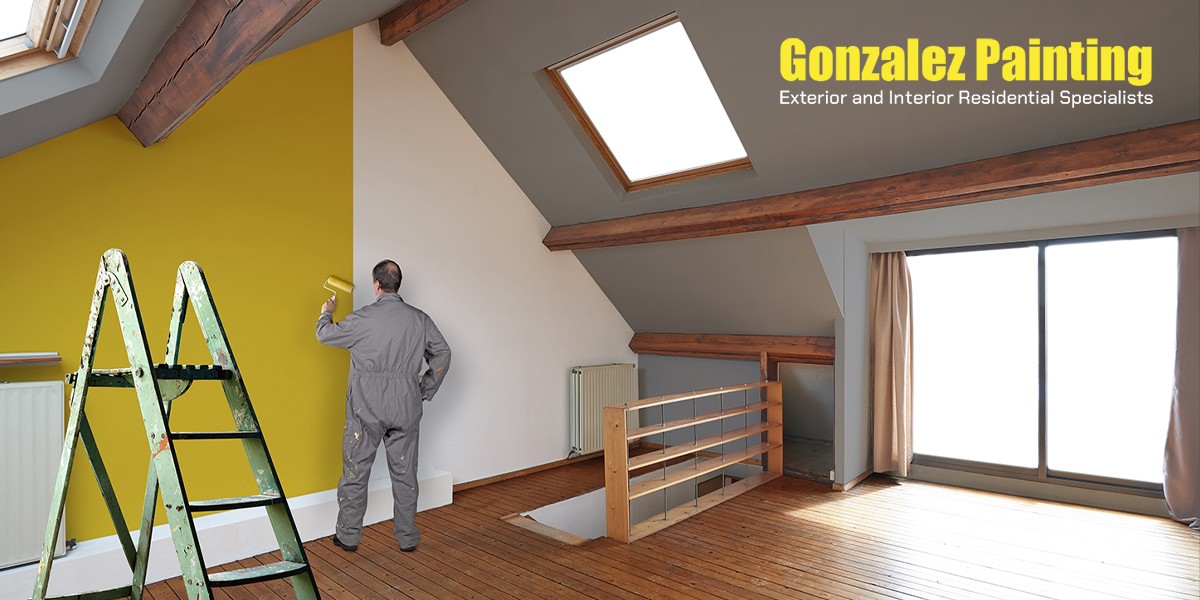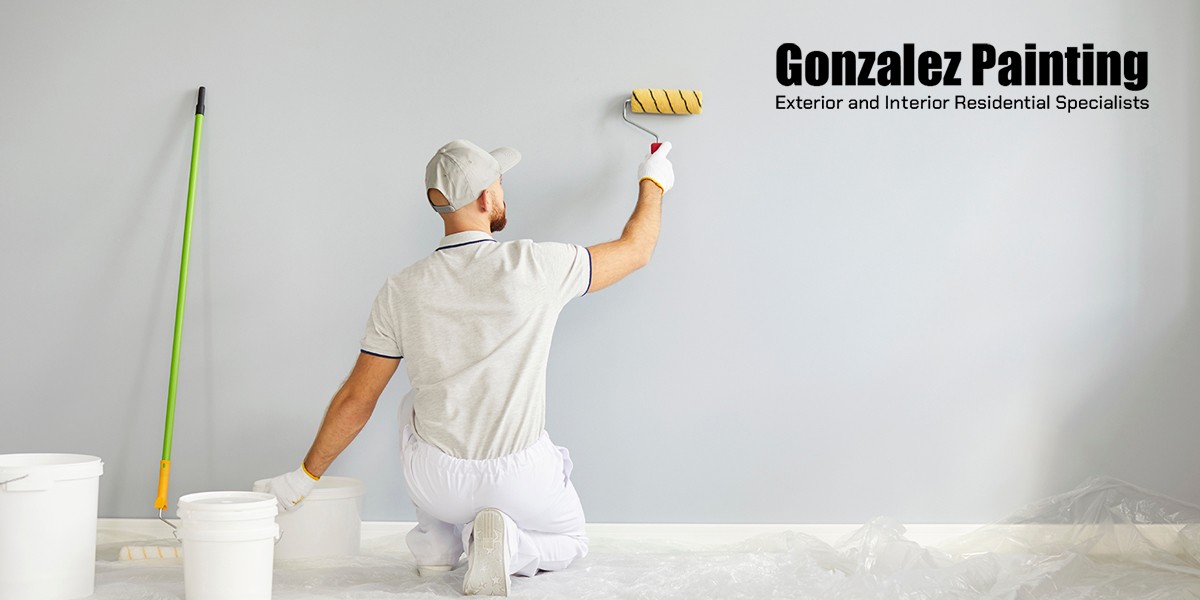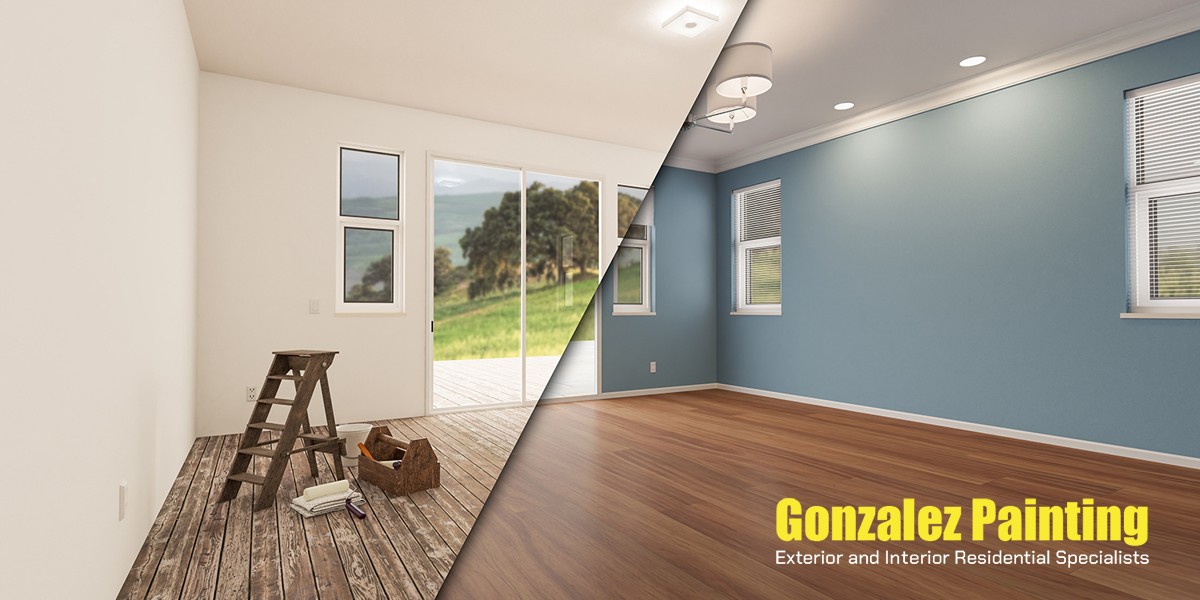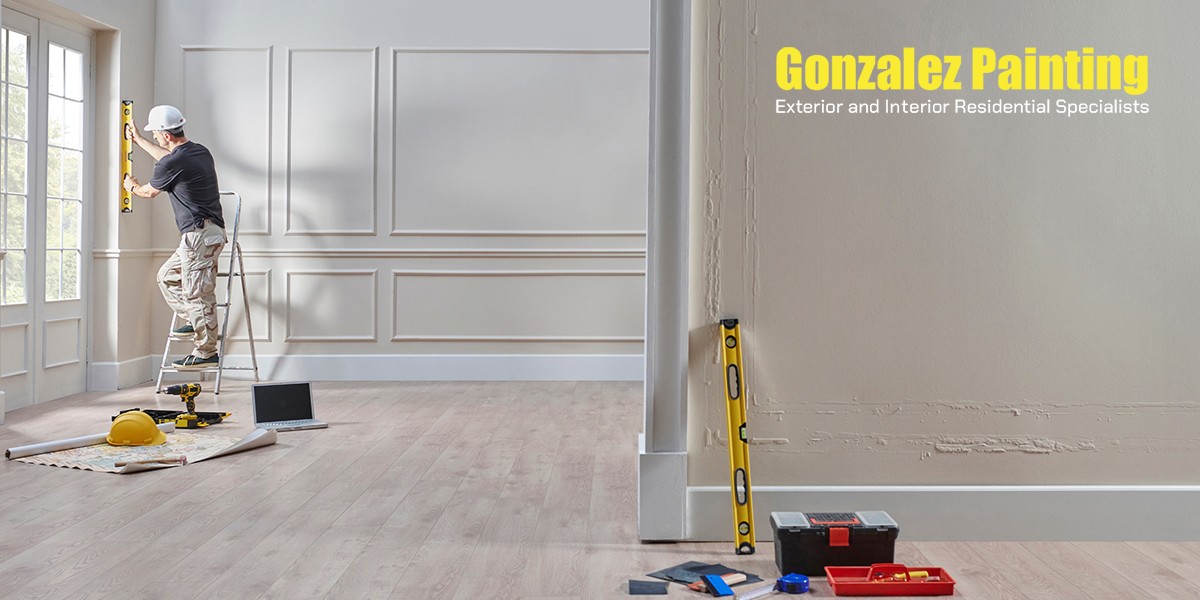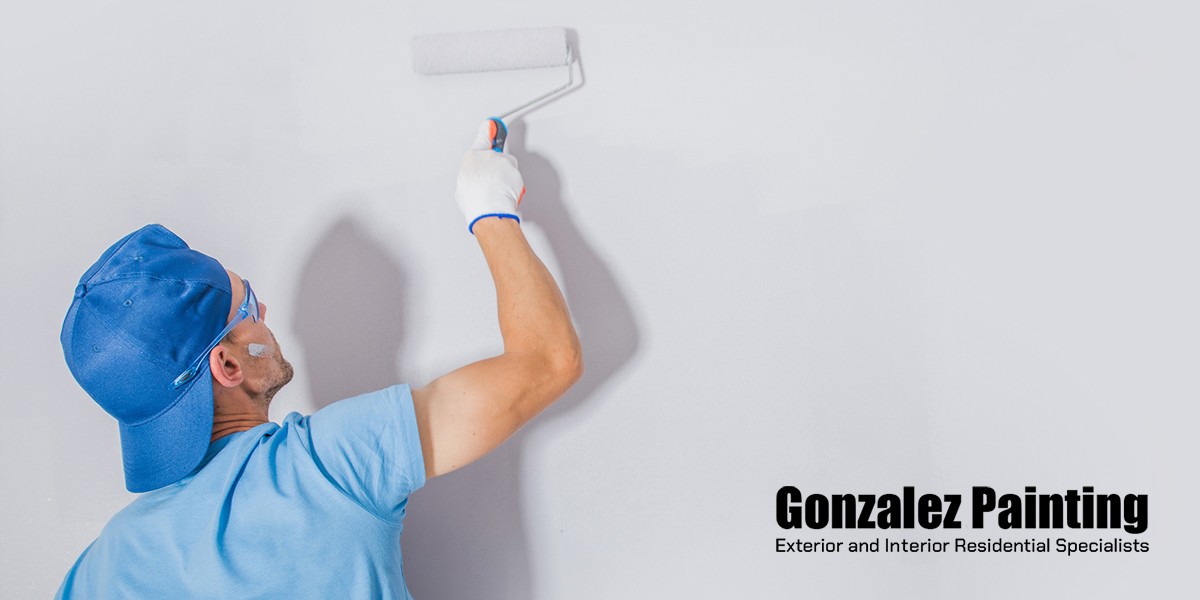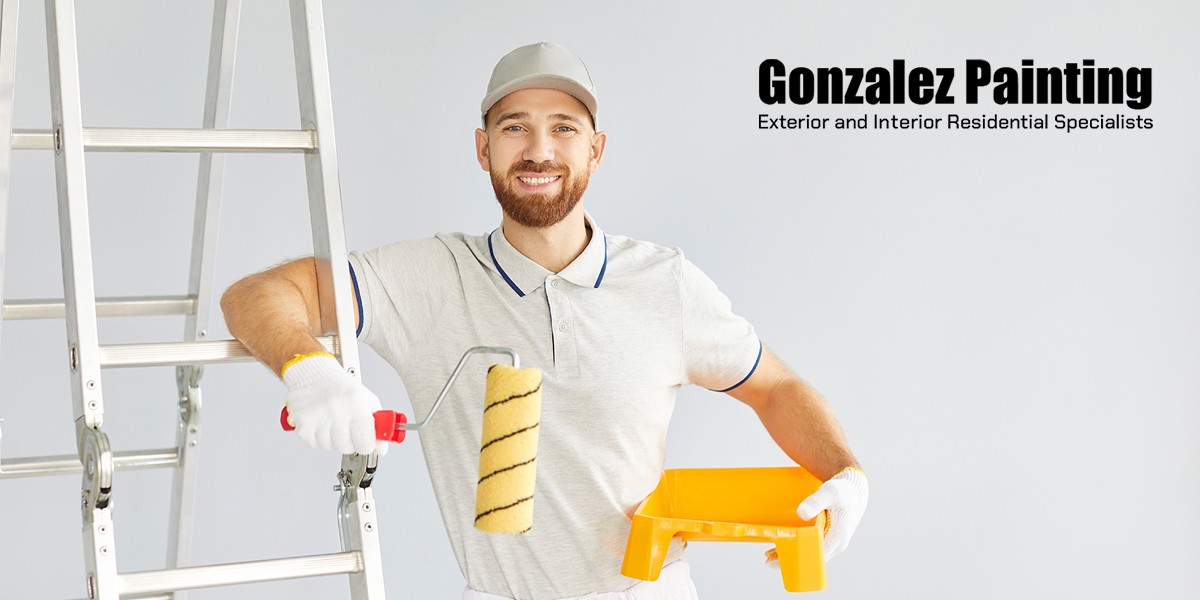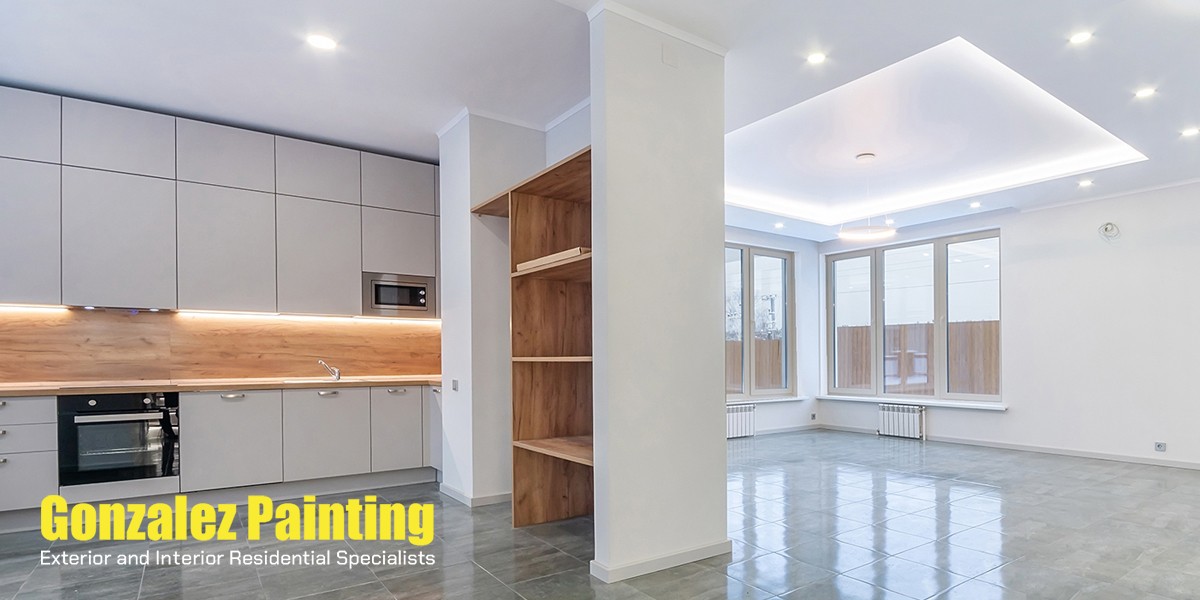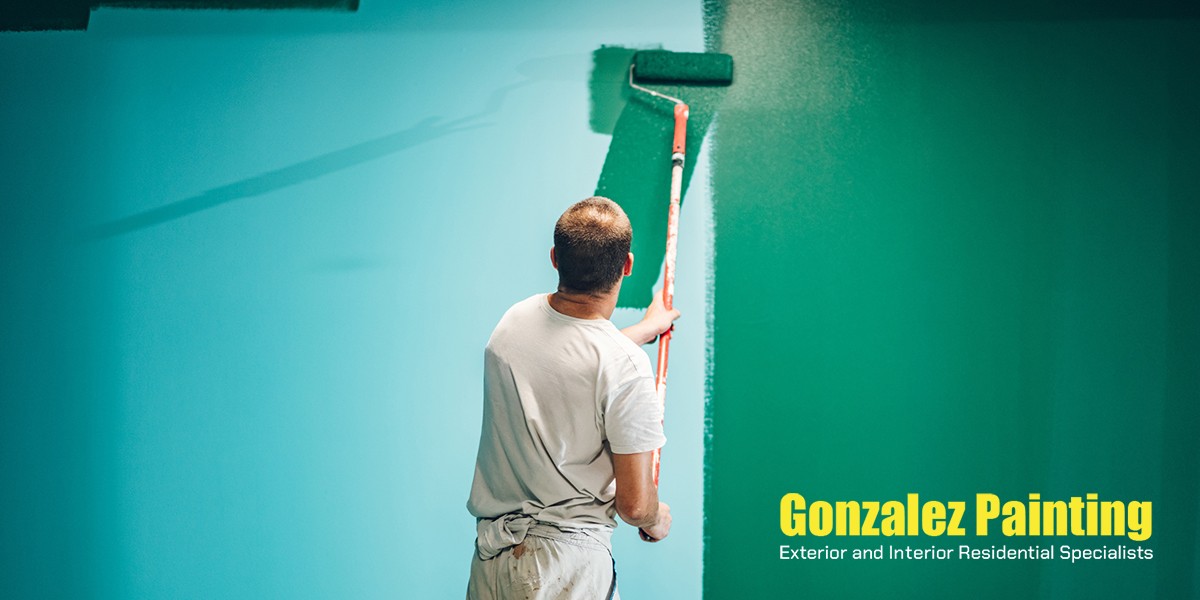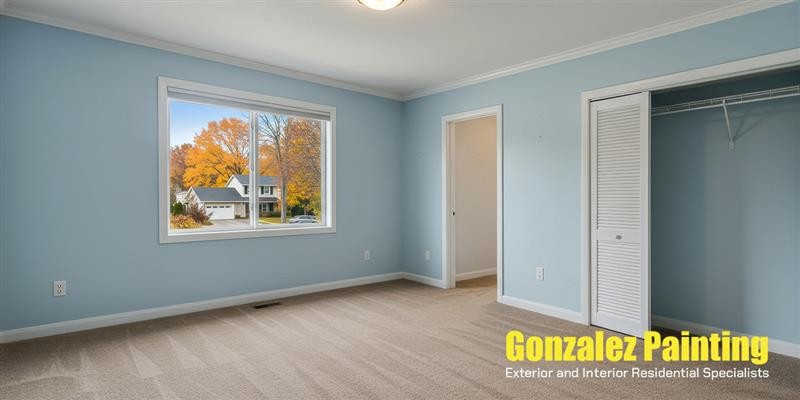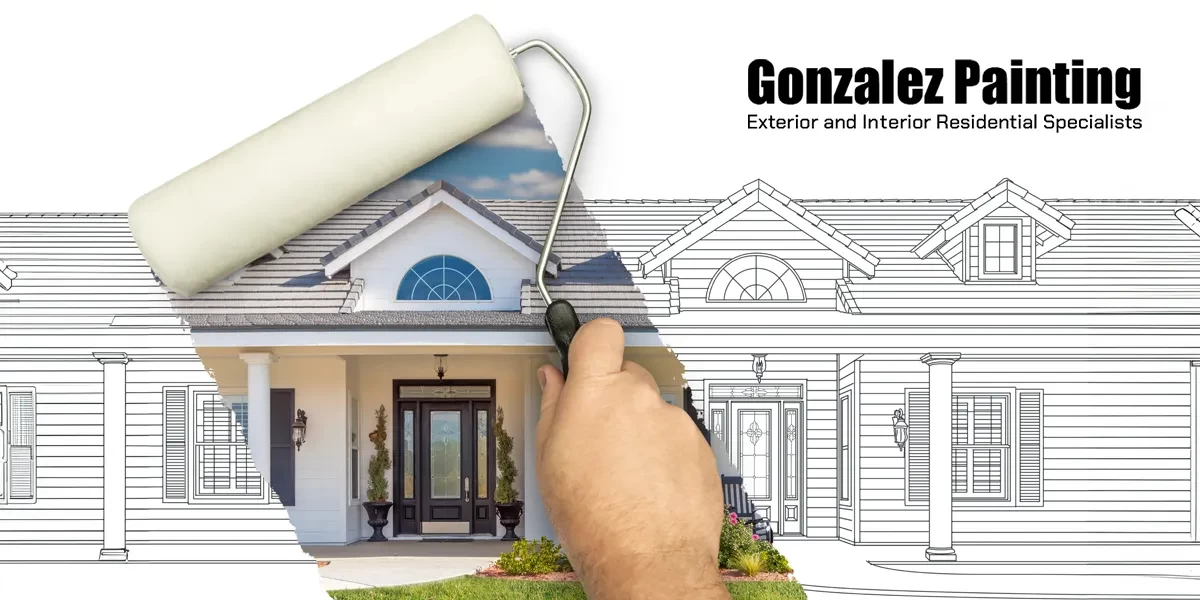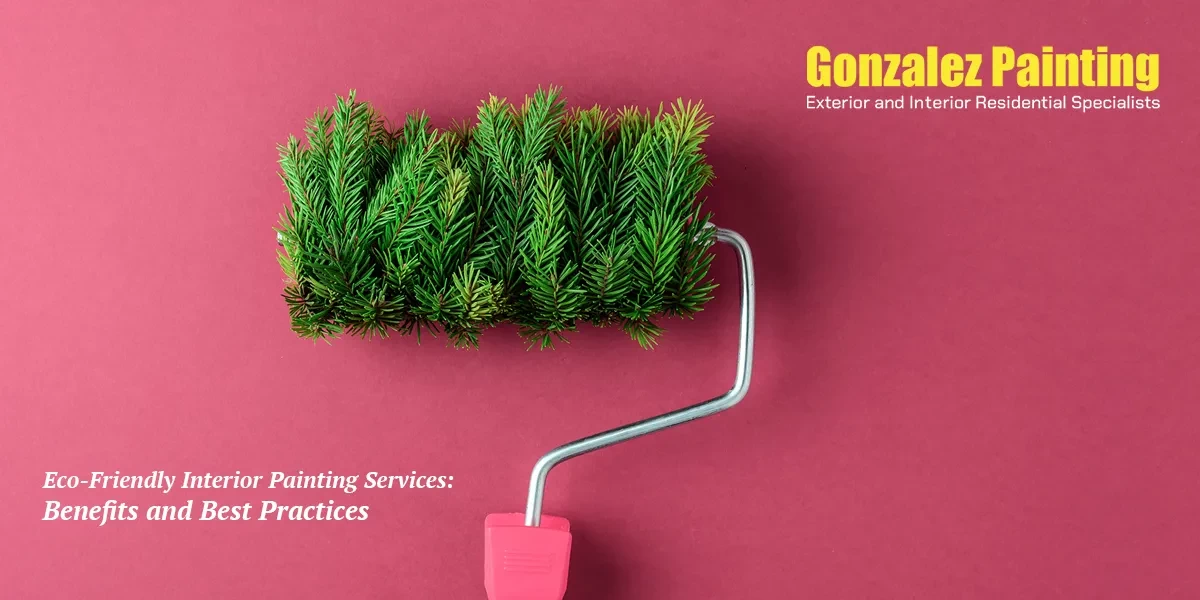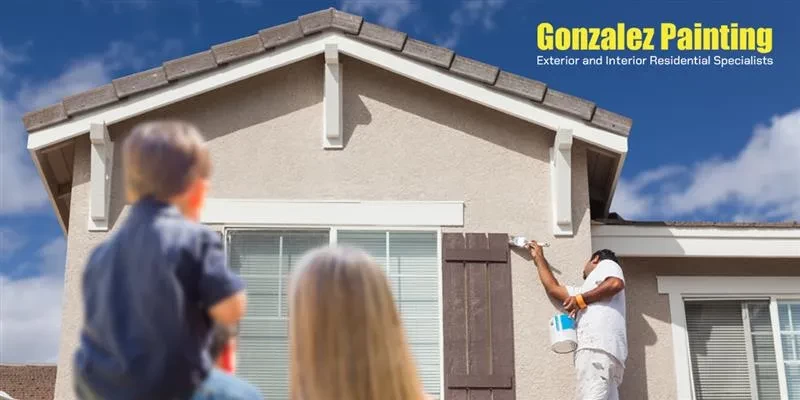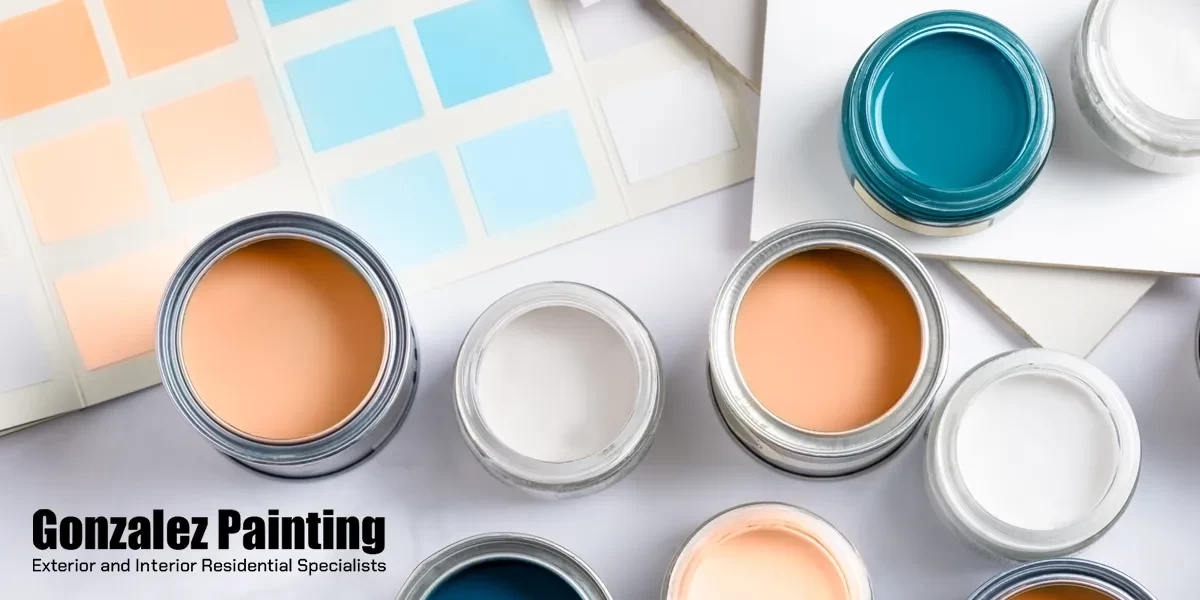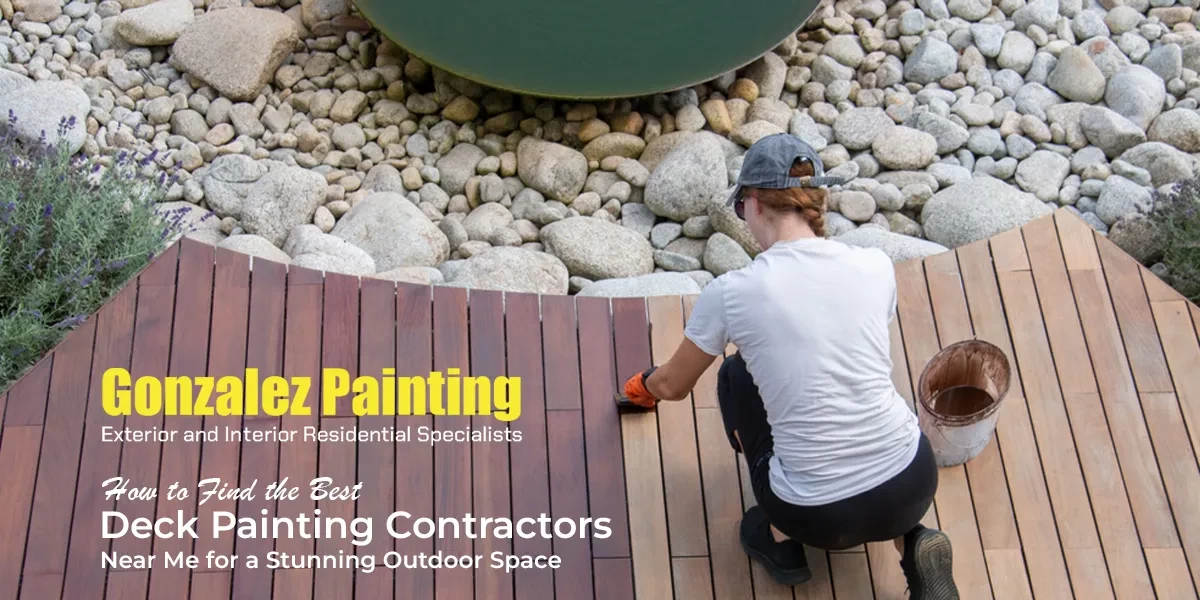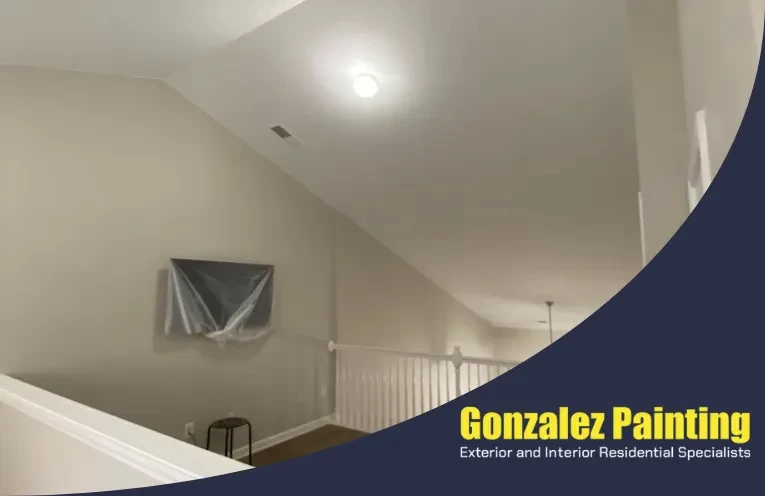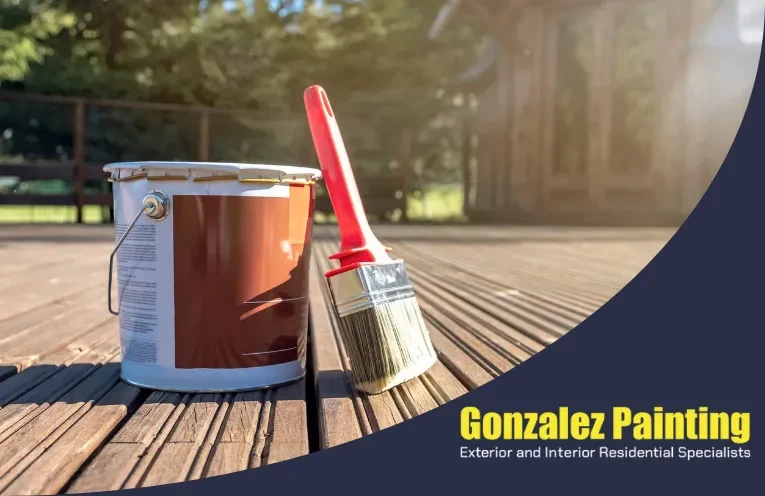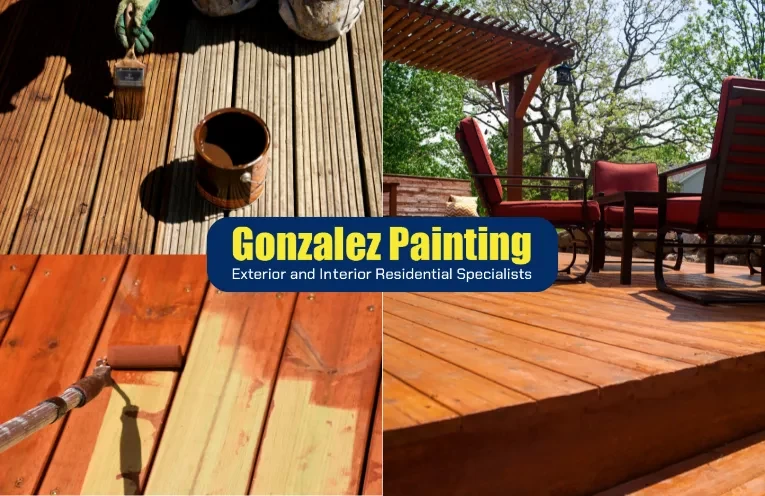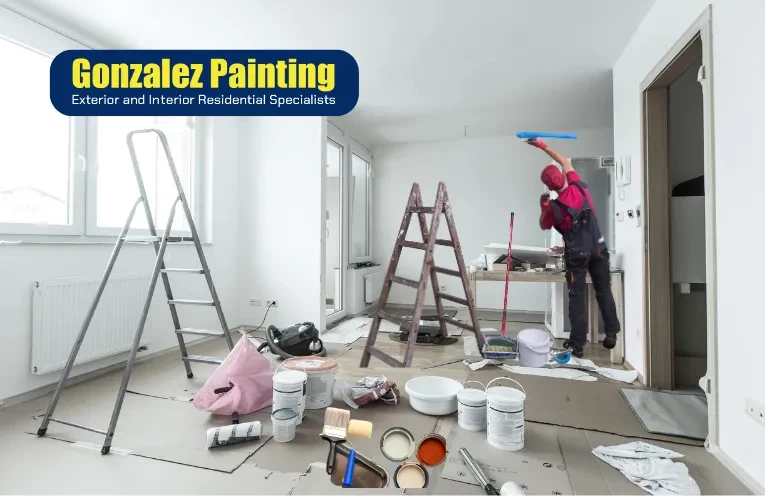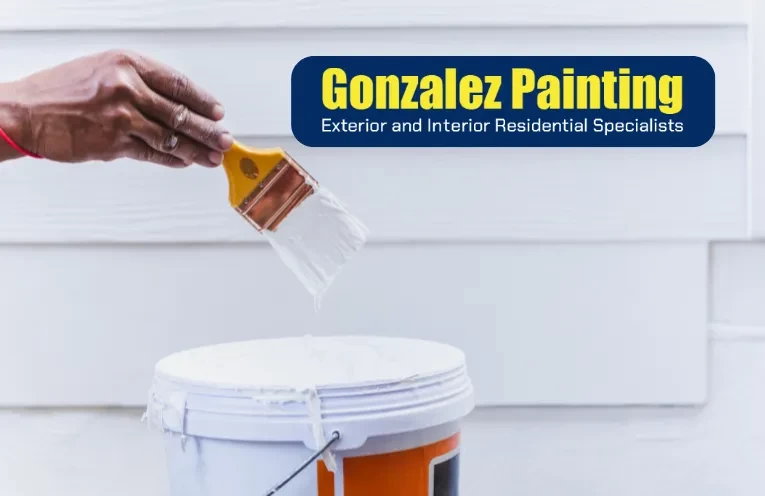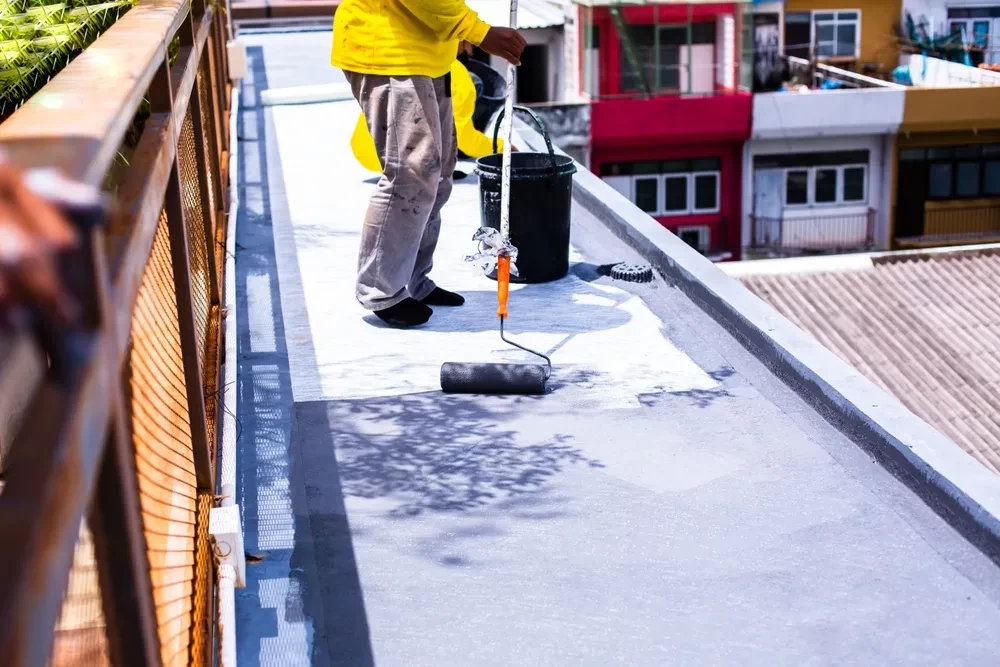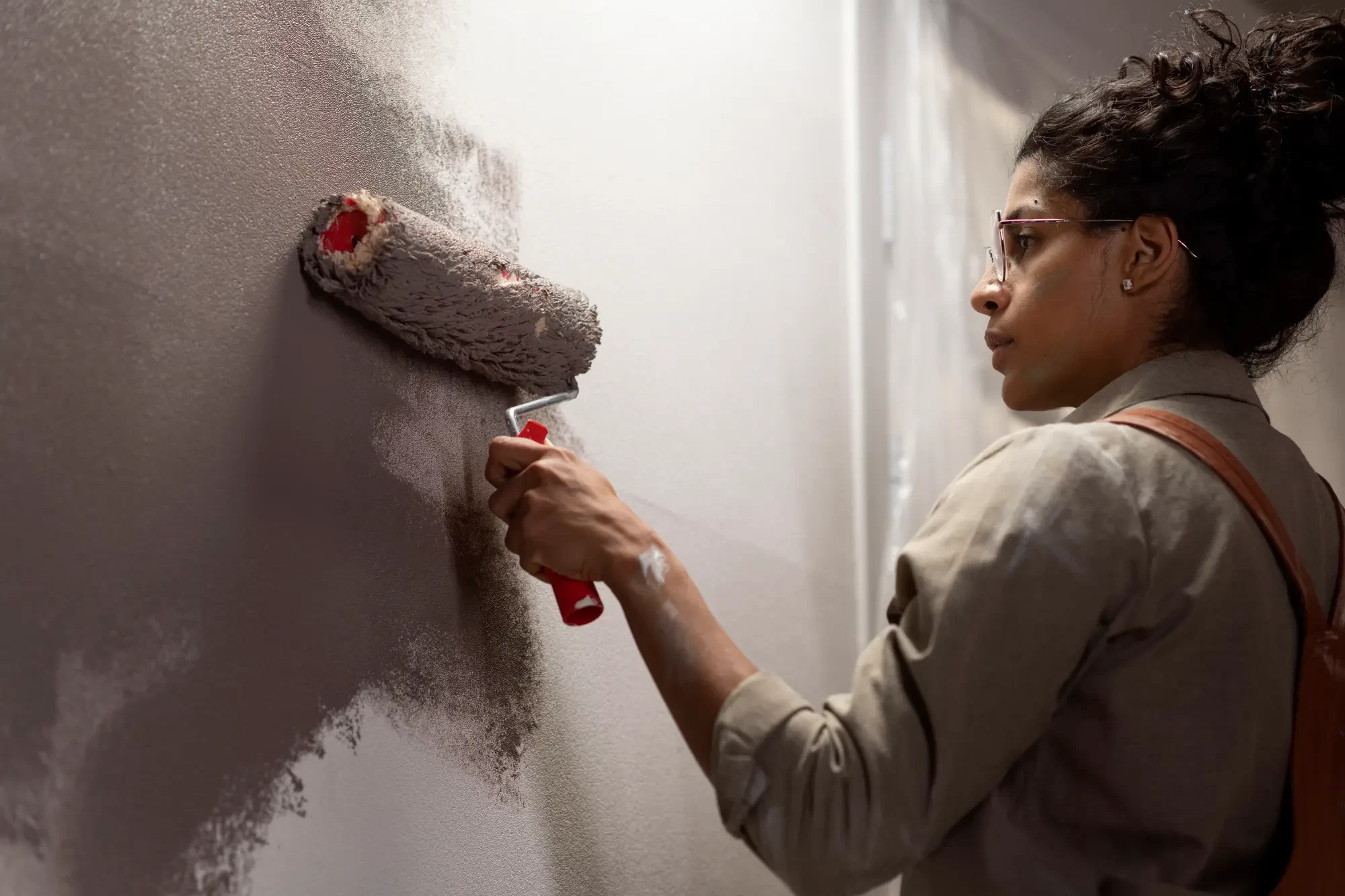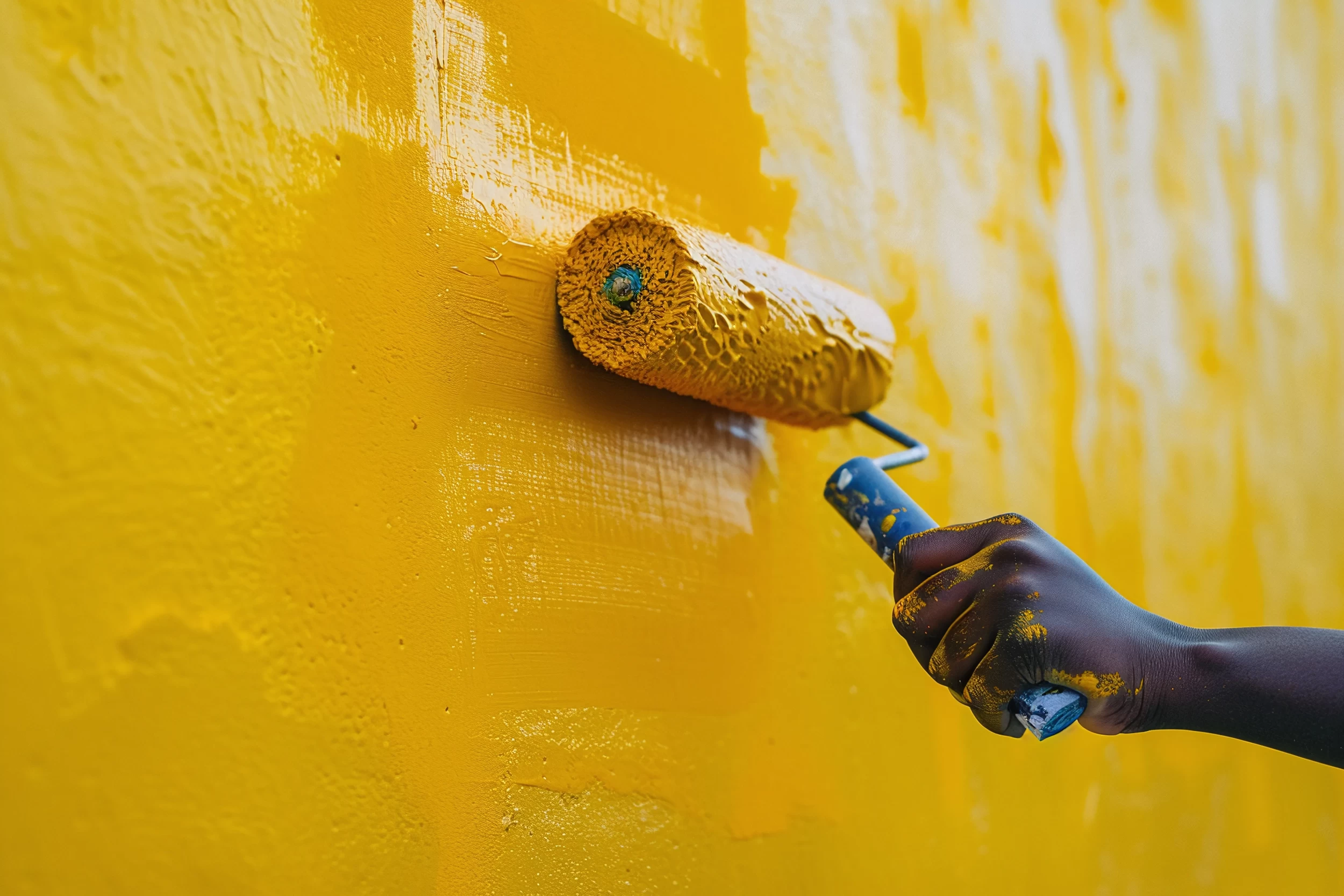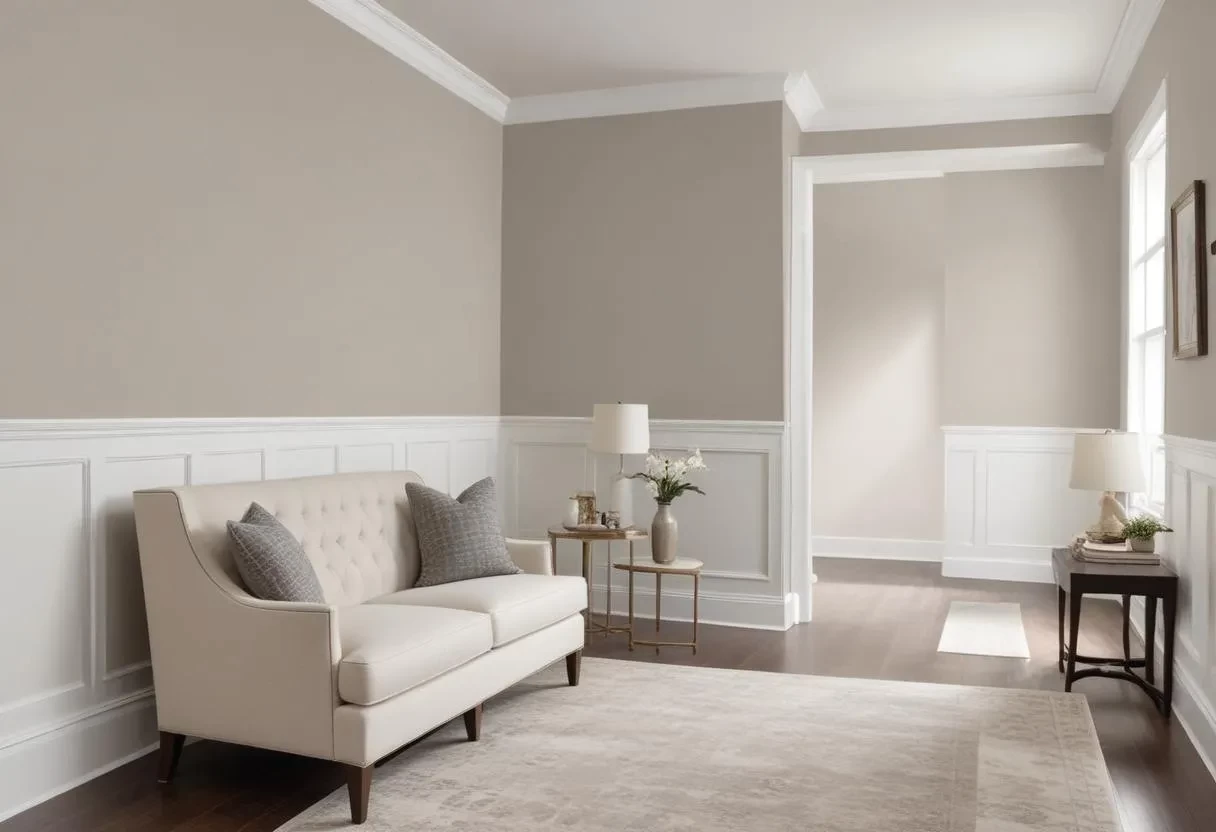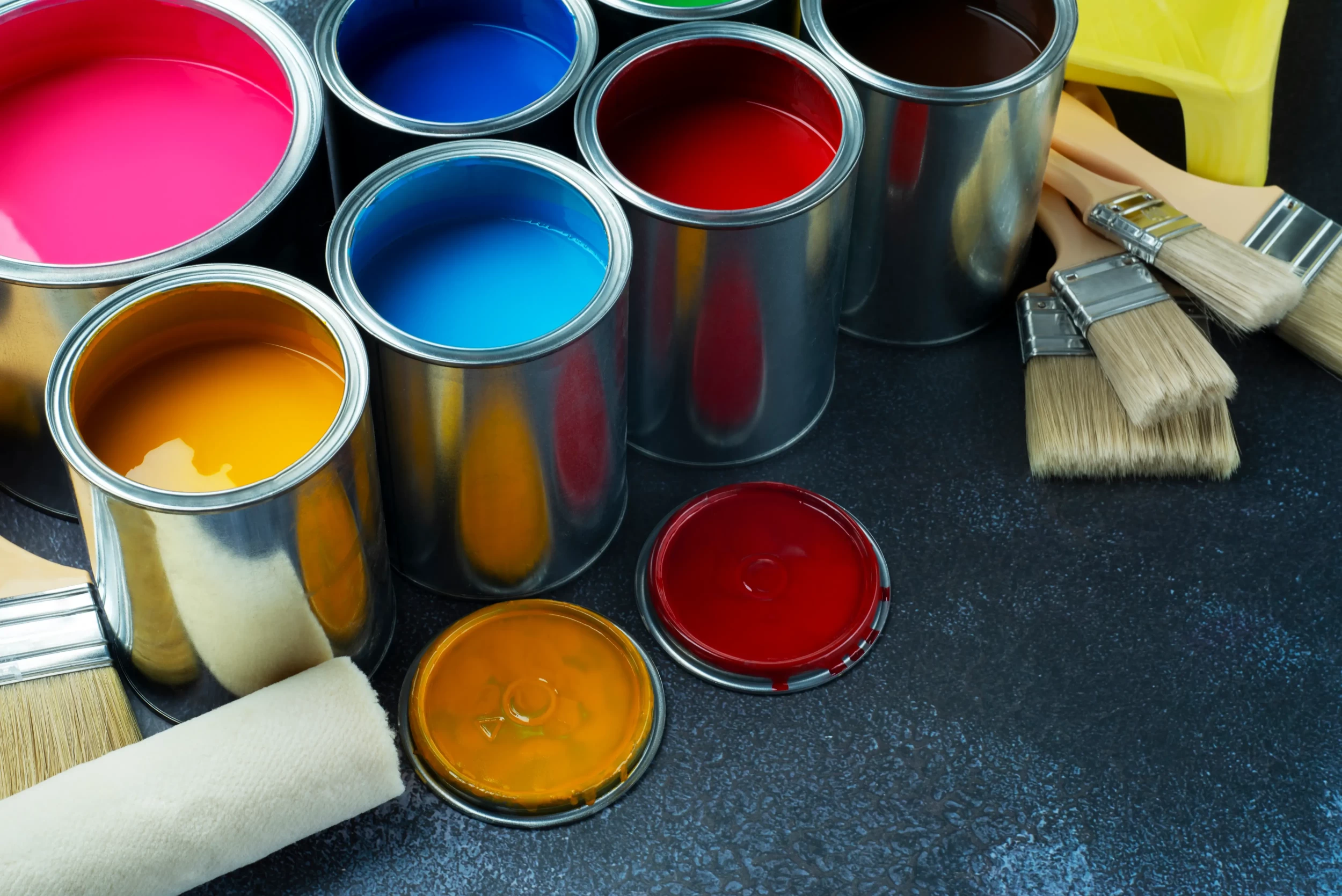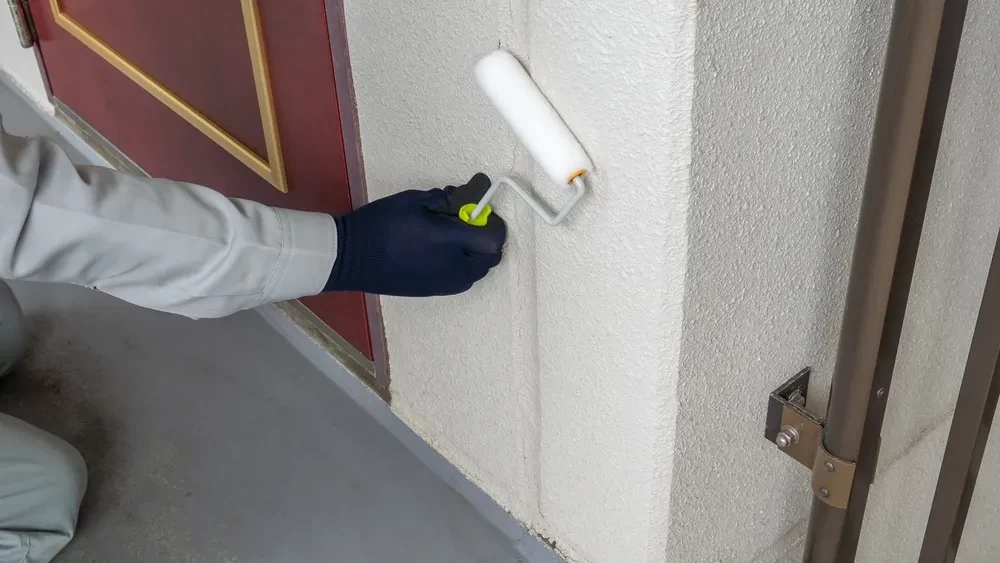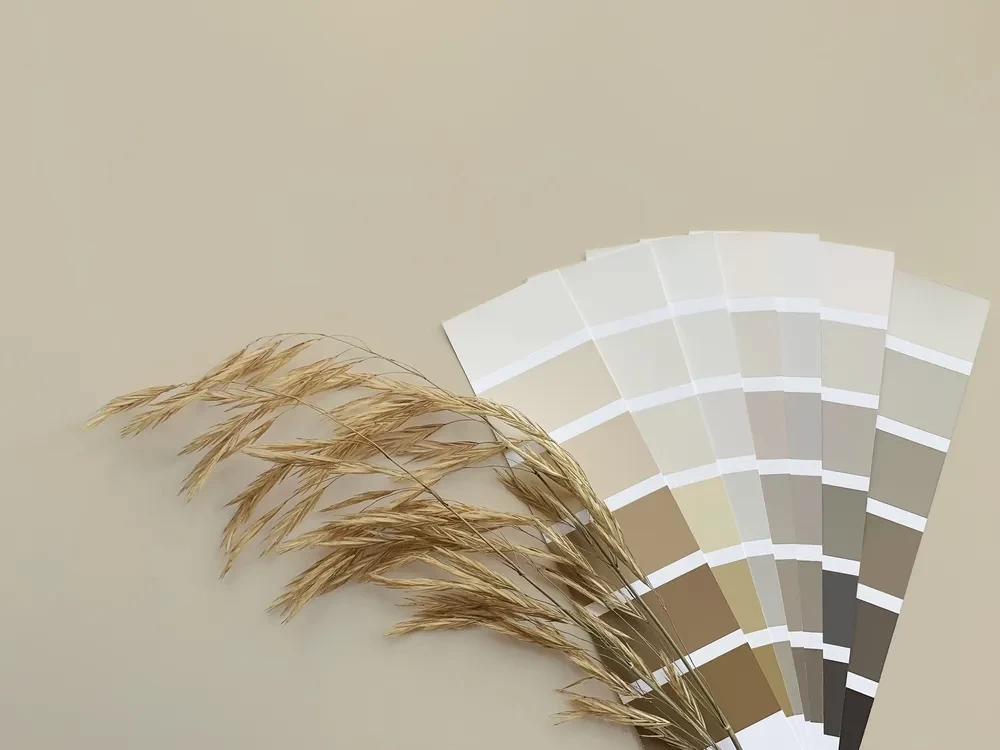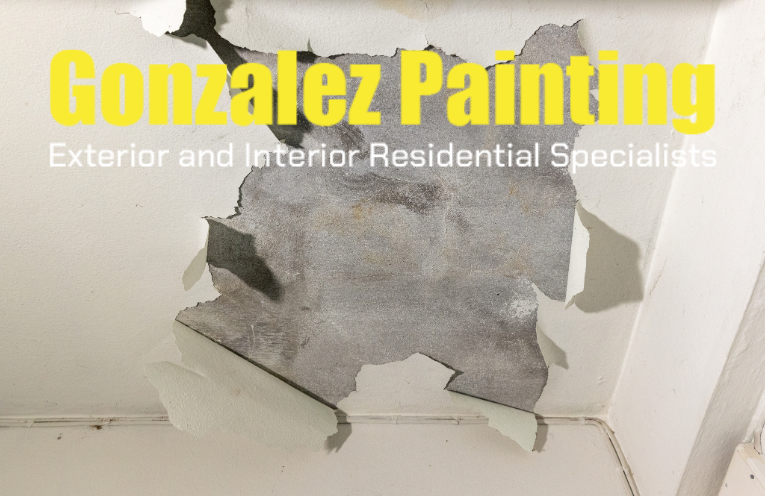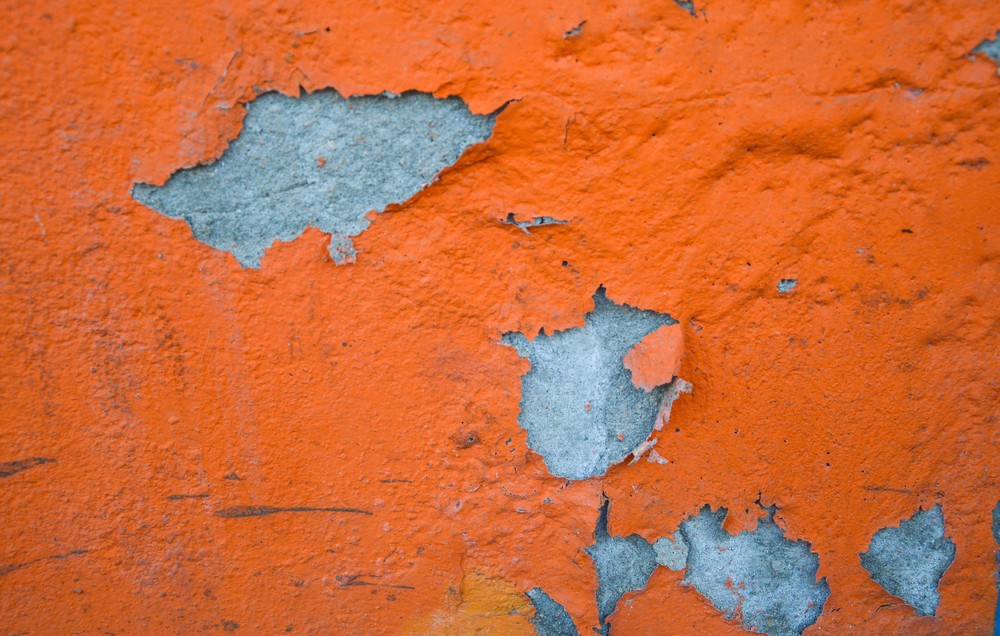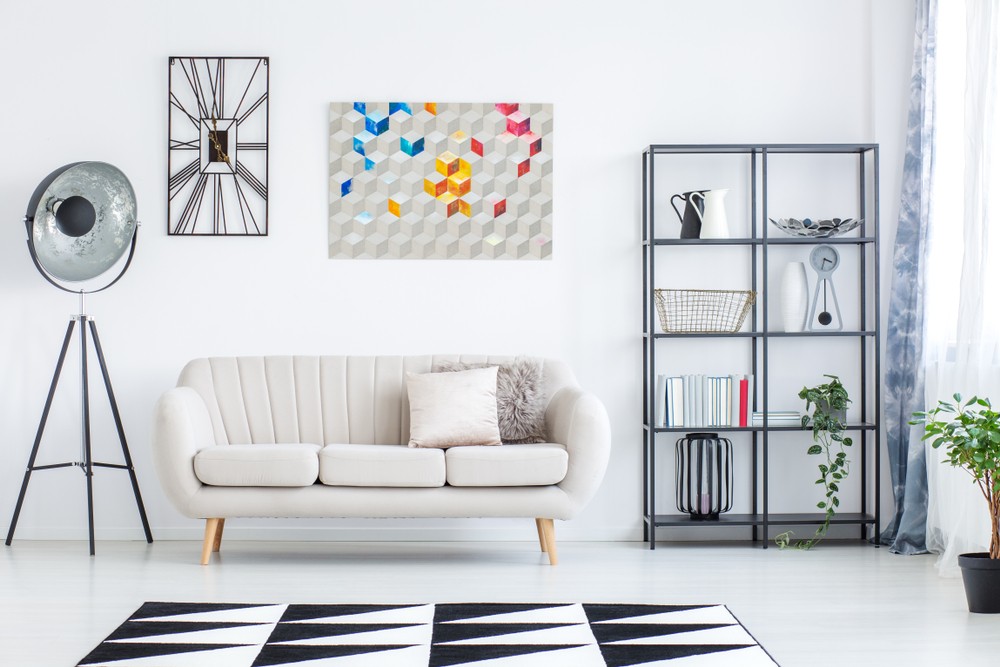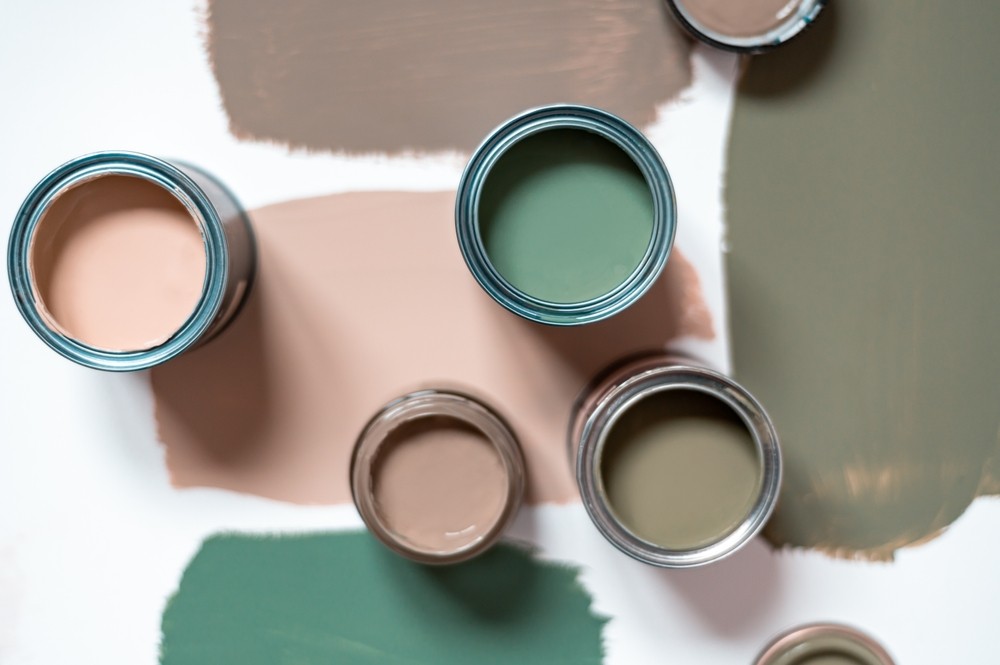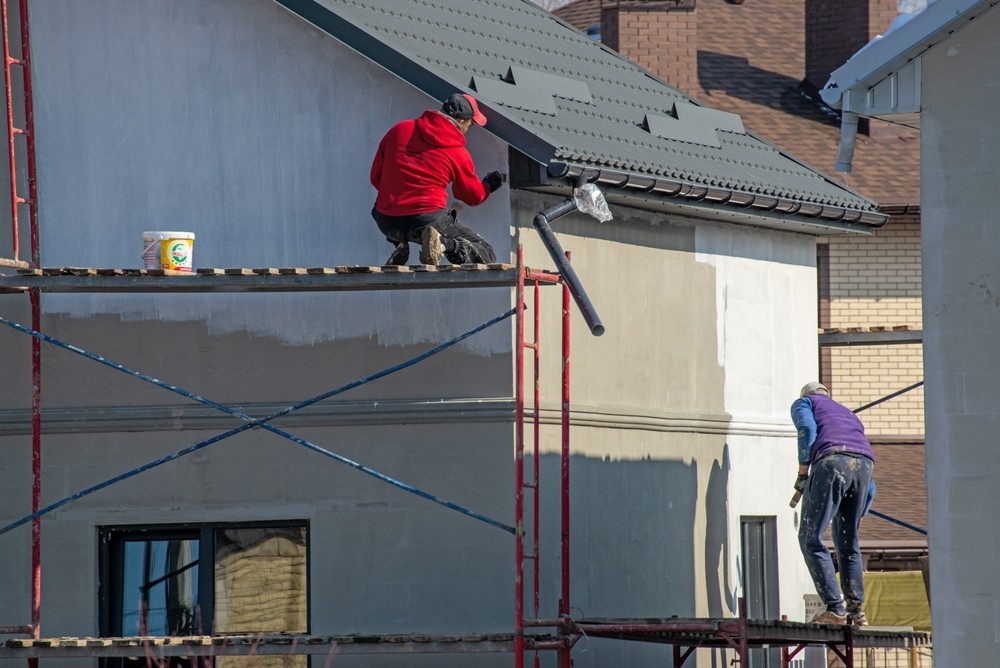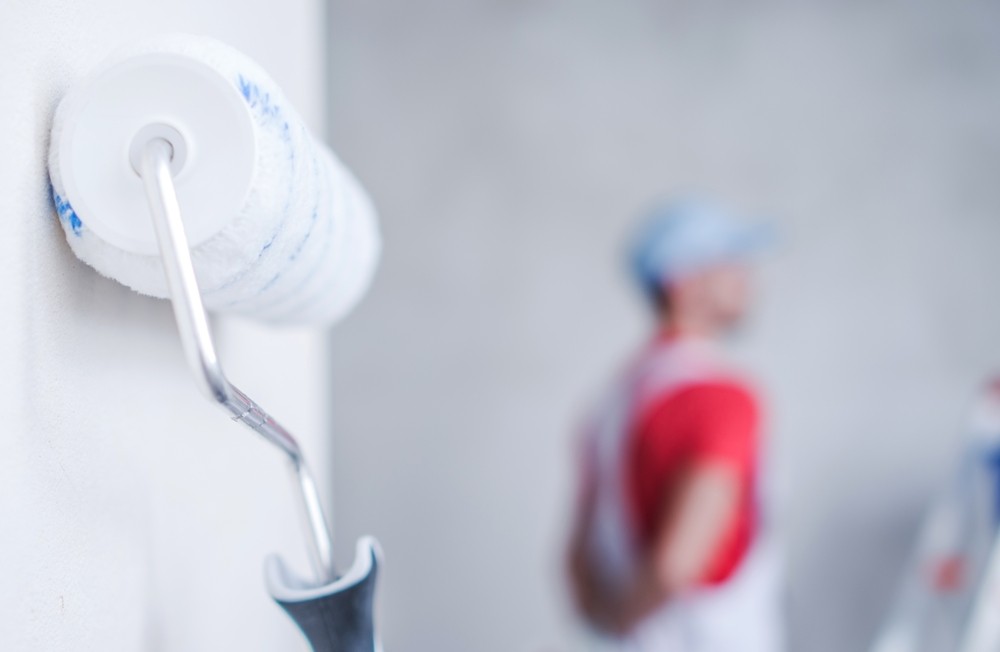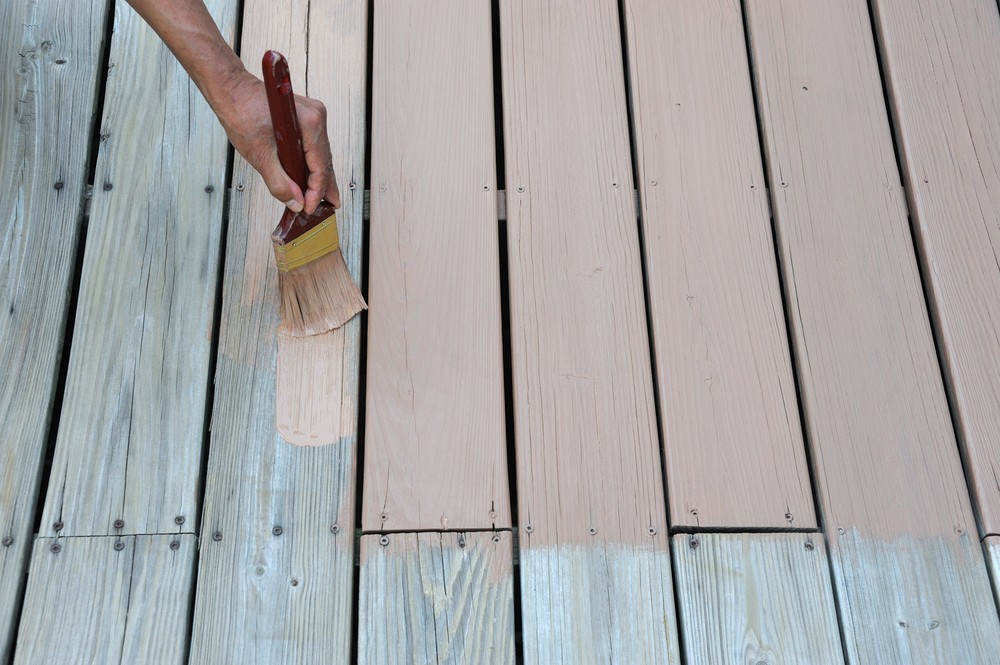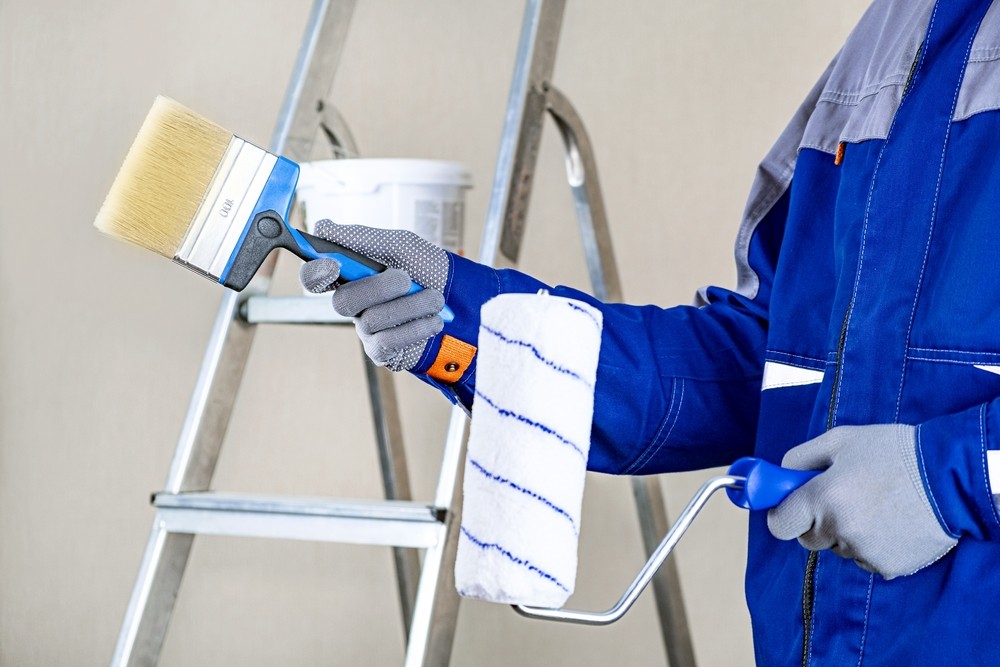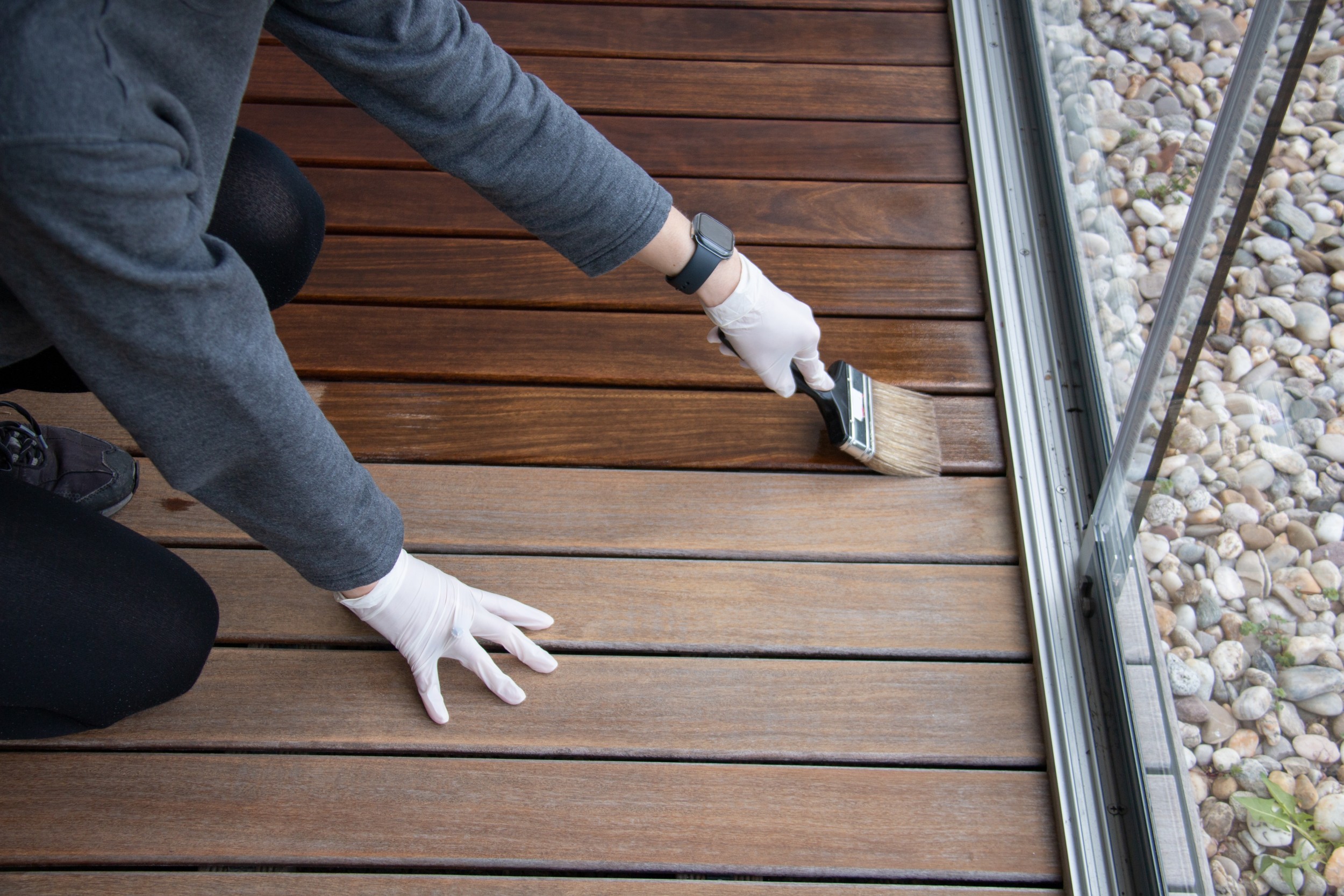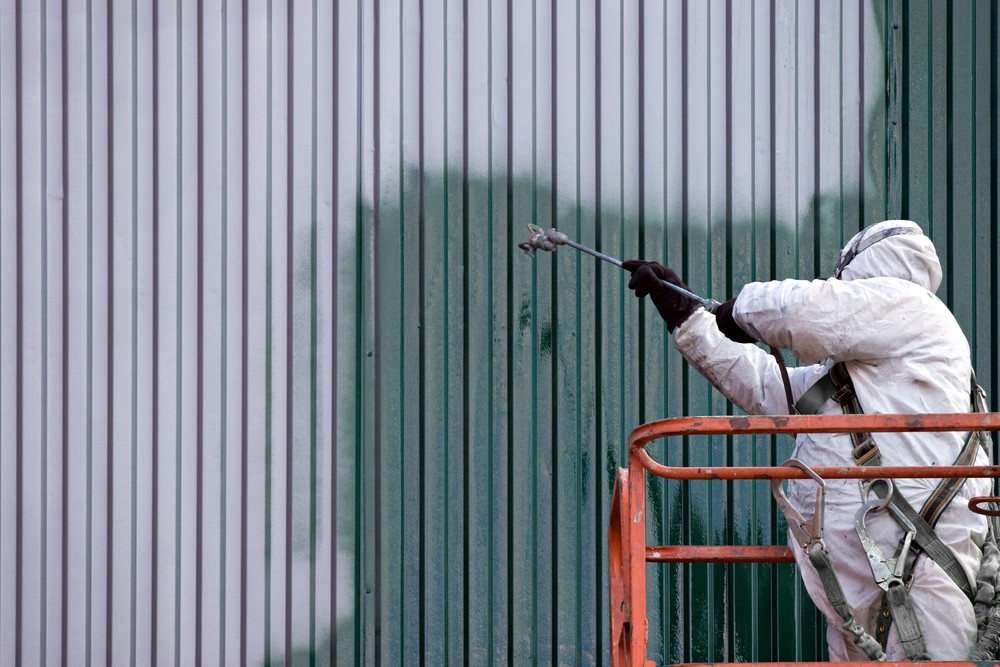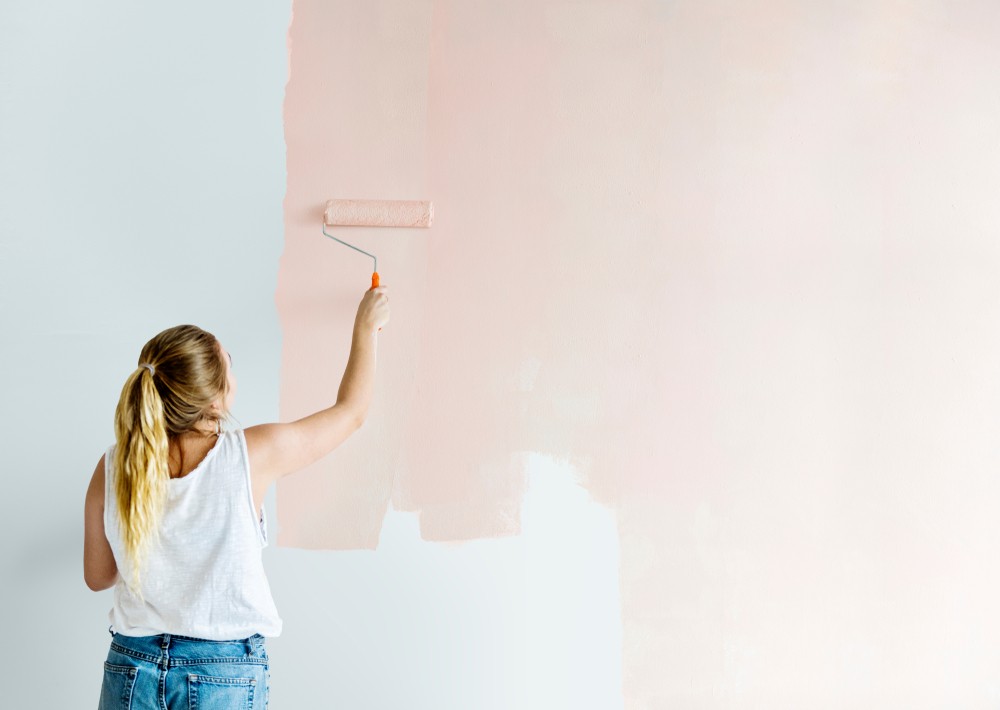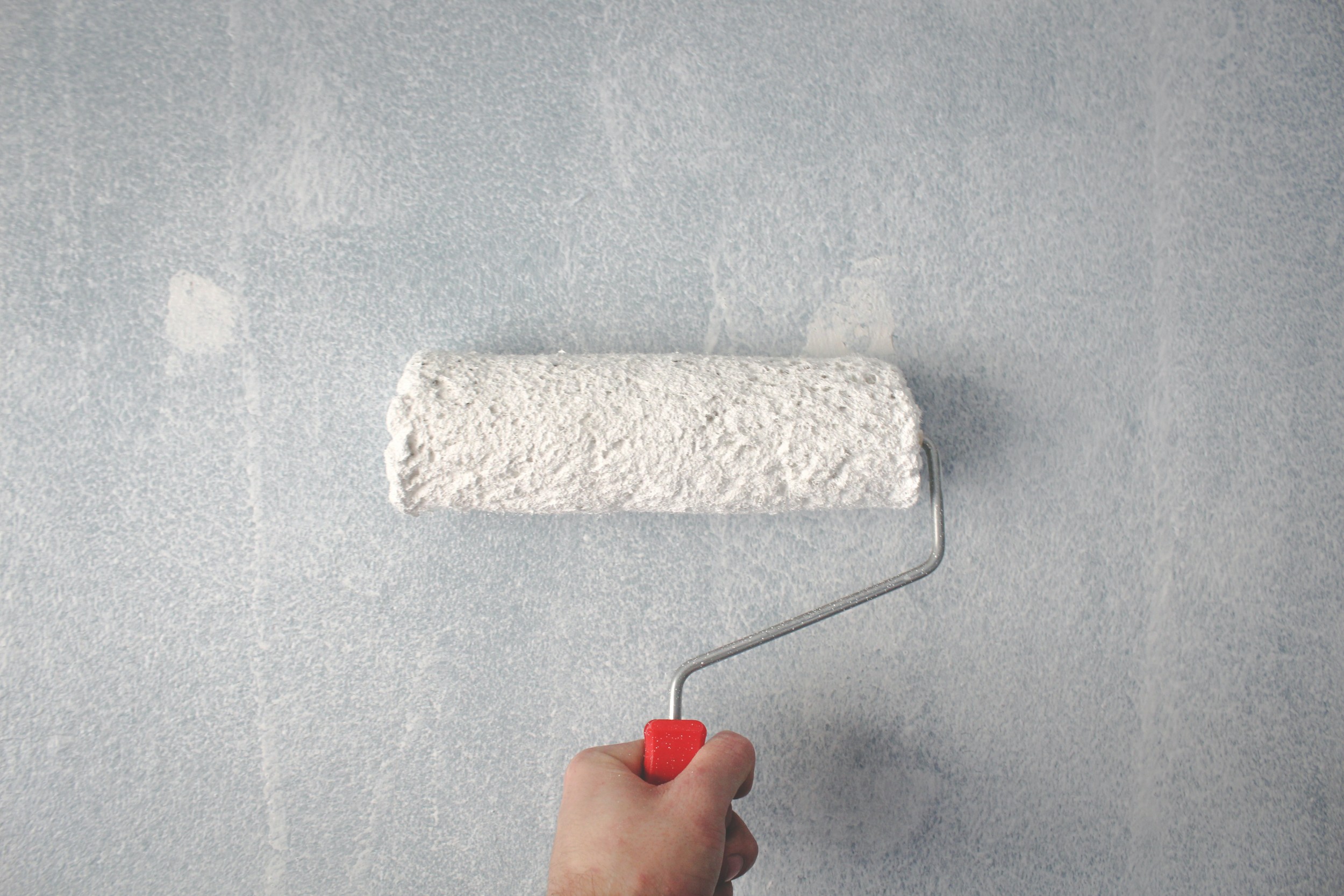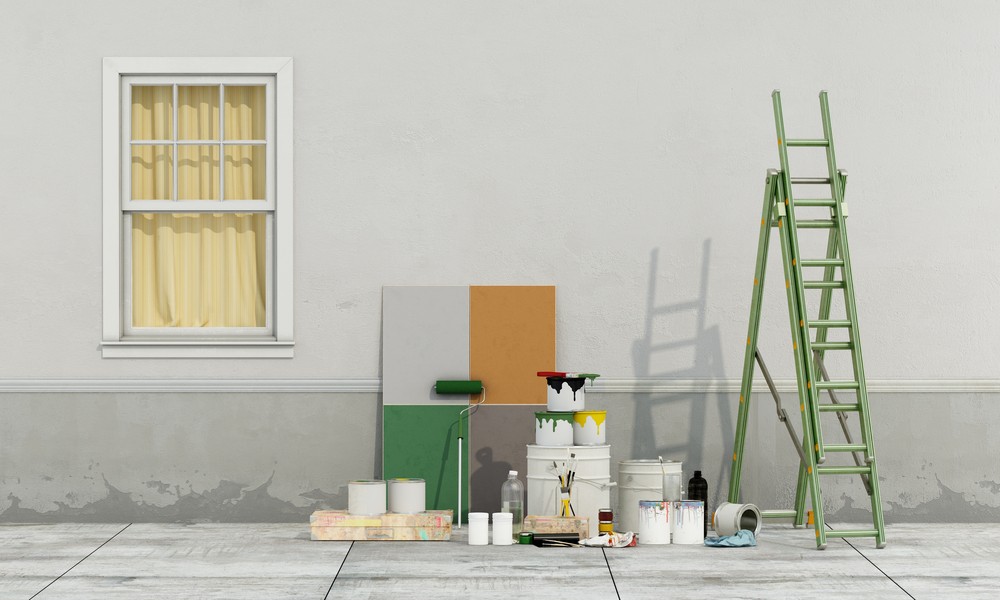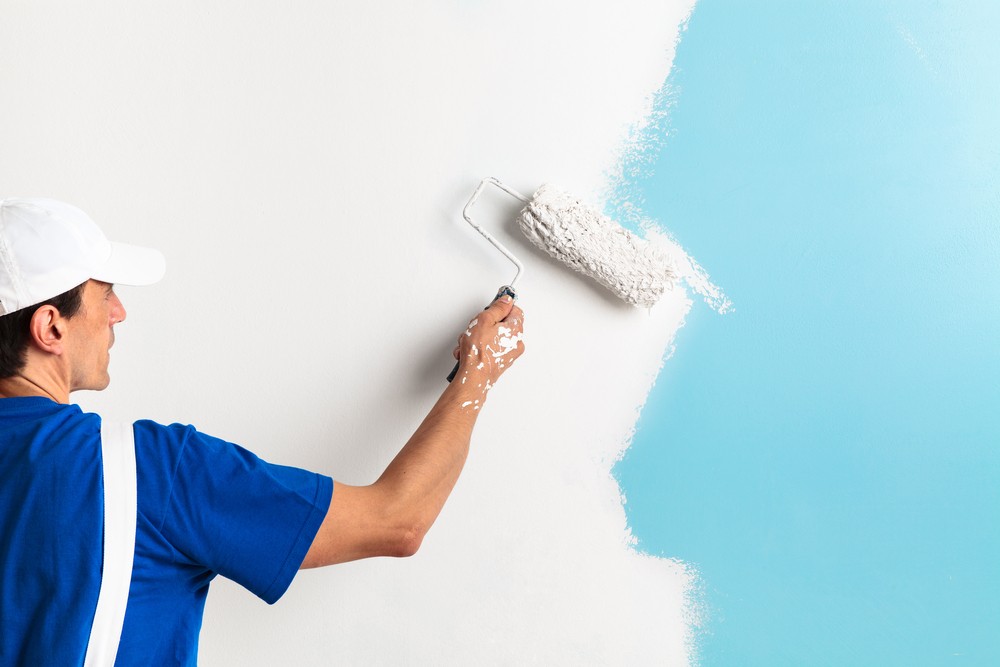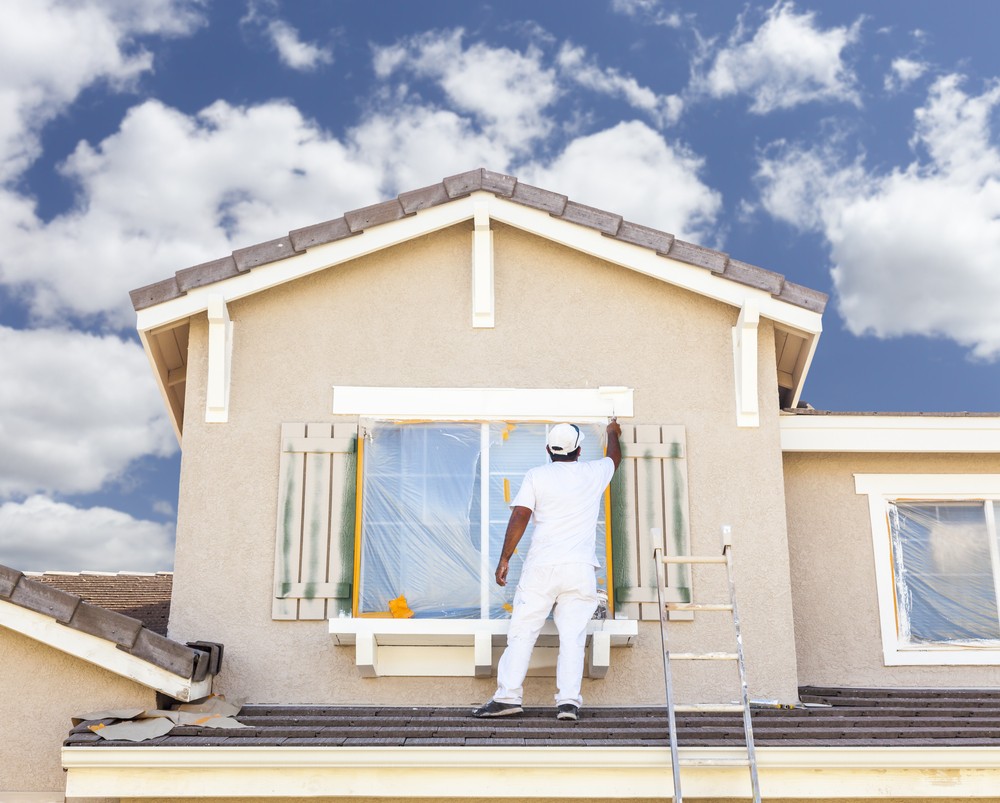
If you're getting ready to paint your home, you may be looking forward to giving your home a facelift with new hues. Priming the surface before painting is an essential but sometimes overlooked process.
This blog post will discuss the value of primers and why they should always be included when painting your home.
What is Primer?
A primer is a base coat used as a foundation for subsequent coats of paint. As a bonding agent between the surface and the paint, it improves its capacity to stick to the surface and lasts longer. Depending on the surface and the desired effect, you may choose between water-based, oil-based, or shellac-based primers.
Importance of Primer in Home Painting
- Enhanced Paint Adhesion:
It is used primarily to increase the paint's ability to adhere to a surface. Paint may only adhere well to bare wood, metal, or surfaces with a glossy finish if it is applied beforehand. Using a primer before painting ensures a smooth and slightly rough surface onto which the paint can better adhere.
- Stain and Odor Blocking:
Certain surfaces can cause discoloration and unpleasant odors due to stains or odors that bleed through the paint. The primer's barrier prevents these stains and odors from reaching the paint and damaging its look. It comes in useful for hiding things like water damage or smoke stains.
- Hides Imperfections:
Primers are useful because they cover up flaws in the surface, such as cracks, dents, or patches that make the final coat of paint seem faultless. It smooths out the surface and hides imperfections so the final product looks more polished.
- Saves Time and Money:
Some may try to save time or money by forgoing the primer, but the results can be disastrous. Priming before painting may cut down on the amount of time spent painting. It may also be a long-term cost saver because it extends the life of your paintwork and lessens the frequency with which you'll need to touch it up or repaint.
- Increases Paint Durability:
It is a barrier that prevents paint from deteriorating over time due to environmental variables like moisture and mildew. Priming before painting is a way to extend the life of your paintwork and keep it looking new for years to come.
- Ideal for Drastic Color Changes:
It is vital if you want to make a dramatic shift in color. Darker colors need more paint since they have to be painted more often, covering lighter ones. To lessen the required end coats, use a tinted primer to smooth the transition between the old and new hues.
- Energy Efficiency:
It can improve the energy efficiency of outdoor paint jobs. It reflects the sun's rays are useful in the hot summer months because they assist in keeping your home cooler and reduce the workload on your air conditioner.
Final Words:
When painting your home, primer is an essential step that should never be ignored. Its value in improving paint adhesion, masking flaws, preventing stains and odors, and prolonging paint life is priceless.
If you want your paintwork to survive, using the correct primer for your paint surface is important. Give the care it needs the next time you paint your home's new coat that will look great and last for years. Have fun painting!

